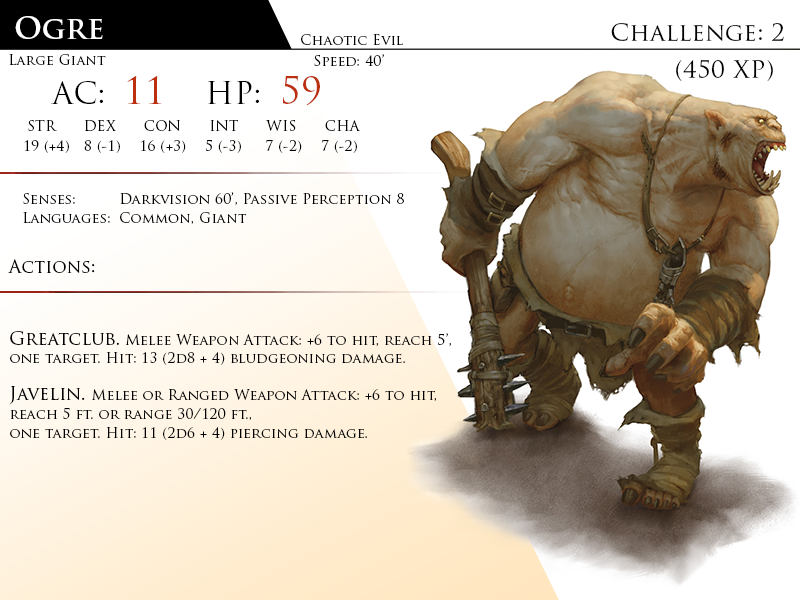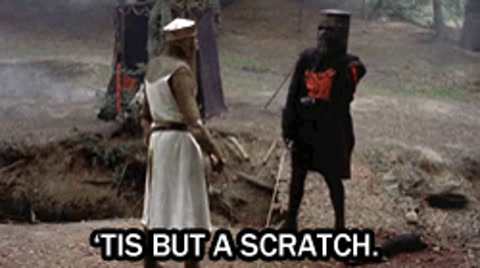My regular
readers are probably aware of those, but for those that aren’t, lifting wasn’t
actually my first passion. Sure, I
wanted to be big and strong ever since I can remember, but competing in
powerlifting or strongman wasn’t what I envisioned: I wanted to fight. I started in martial arts at the age of 6,
doing YMCA Karate (pronounced “krotty”) before enrolling in Tae Kwon Do from
age 8-17 and earning my First Degree Black Belt (which, if you know anything
about TKD, you know it doesn’t mean much).
I started wrestling in High School my sophomore year and did it through
senior year. MMA was getting big when I
graduated and I decided I wanted to learn how to really fight, so I took up
boxing, Muay Thai and BJJ/submission grappling.
I did this all through college, then I got married right out of college
and was forced to make a decision. If
you’ve ever trained to fight, you know it’s a big time commitment. 2-3 hours of training about 4-5 times a week
is about standard if you want to be any good at it. That was cool when I was single, but having a
wife that wanted to spend time with me, I realized it was too big of a time
sink, ESPECIALLY since I was trying to lift on top of all that. I loved fighting, and I loved the confidence
it gave me, knowing I could defend myself and my family, but I had to think
about what the tradeoff was. When forced
to pick between lifting and fighting, I settled on lifting, because I realized
it could still provide me some of that self-defense benefit I wanted, but in a
different way. Instead of being a guy
that knew how to fight and could fight if a fight happened, I figured I’d turn
myself into a guy who quite simply looked like he was more trouble than he was
worth.

It most likely surprises no one that I bought this at Hot Topic
Whew, long
intro on that one, but let me continue to explain. Lifting and fighting are two different
activities, and though my lifting was helping to augment my fighting (as I had
started lifting at 14), I was reaching a point where getting better at one was
taking away from the other. Whenever I
got super into my fight training, I’d start dropping weight fast, and with that
I’d lose some muscle. When I got super
into my lifting, I’d put the muscle back on, but my fighting skills would drop
off since I wasn’t giving as much attention to them in order to allow for
recovery. Now, I realize that everyone
on the internet apparently knows that size doesn’t mean anything in a fight,
but for some reason, out in reality, people still think that a big strong dude
can do some damage in a scrap.
Weird. Anyway, being fully aware
of this, it dawned on me that, if my concern is really about being able to
defend myself and my family, being big enough that people simply don’t want to
attack me is a far better defense than being really good at fighting so that,
when I DO get attacked, I can defend myself.
But being
“more trouble than you are worth” speaks to something even more significant
than this notion; it’s the idea that, even in failure, you’re still a
threat. People like soft, easy
targets. They like a sure victory. They like to go into a battle knowing they’re
going to come out clean and unharmed.
What they DON’T want is to end up getting locked into some brutal war of
attrition with some psychopath who isn’t there to win; he just wants to make
you hurt. And this was my goal in
lifting as a means of self-defense; to appear strong enough that, even if I’m
outnumbered, outmatched, unarmed, etc, whoever is looking to make me a victim
has to REALLY consider if it’s worth it.
Is it really worth a broken nose or ribs, losing teeth or an eye, a
concussion, etc etc, or should they maybe just move on to an easier, sure
victory? This is being “more trouble
than you are worth.”
...yup
And you can
be “more trouble than you are worth” outside of being attacked; you can simply
BE “more trouble than you are worth”.
You might not be the best competitor overall the day you show up, but
you can still be the guy that shows up so well conditioned that people just
give up rather than try to beat your time in a medley. You can have a deadlift that is so nuts that
it’s simply a race for second place amongst the other competitors. You can have a will that is so strong that
all attempts to break it leave others broken.
Even when outmatched, outclassed, outmuscled and outskilled, you can
STILL be more trouble than you are worth.
You can make it that beating you just isn’t worth the reward.
What is the
value here? It’s accepting that there
are going to be risks, and you can’t be prepared to defeat them all, but by playing
to your strengths you can turn yourself into something so fearsome that you
won’t have to. You can find what you
have that makes you “dangerous” and ride it out as far and as hard as you can
to the point that, even if you can be beat, people won’t want to beat you. Though you can be overcome, no one wants to
take the risks and suffer the consequences of doing so. You can simply be more trouble than you are
worth.
This guy gets it
Make no
mistake; this isn’t about “winning fights.”
This is a strategy for winning them before they begin, but when that
fails, you’re at the mercy of the fight.
Sometimes your strengths will carry you through and you’ll be
victorious, and sometimes your lack of skill will show and you’ll take a
loss. But take heart in knowing that
whoever beat you suffered in doing so.
They limp away the winner, nursing their wounds and examining their new
scars and wondering if it was really worth it.
Thinking to themselves “I am NOT doing that again.” You become so strong in WHATEVER your
strength is that even winning against you means taking a loss in some way.
Endeavor to
be more trouble than you are worth, whatever it means to you. Endeavor to be the strongest, or the fastest,
or the most skilled, or the strongest willed.
Hope to one day be the best in everything, sure, but en route to that
path, endeavor to make it so that, even if you aren’t, no one wants to risk
finding out for sure.







